Peking Opera by the book
Updated: 2015-11-18 08:30
By Chen Nan(China Daily)
|
||||||||
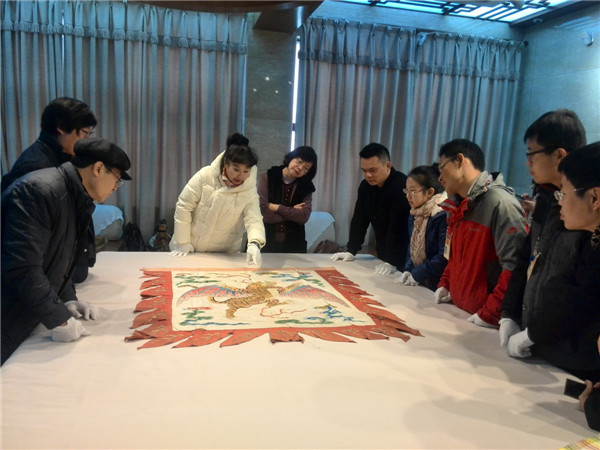 |
|
Artist and scholar Sun Ping (center) shows visitors a relic of a Peking Opera performance at the Imperial Court Opera Institute of the Palace Museum in Beijing. [Photo provided to China Daily] |
"Our family frequently performed for the imperial families, which could date back to my grandfather, Mei Qiaoling (1842-82)," wrote Peking Opera artist Mei Baojiu, the son of Peking Opera master Mei Lanfang (1894-1961), in a letter for the opening of the forum.
He also mentioned that Mei Lanfang and Aisin Gioro Putong (1877-1952), a member of the imperial family who was a Peking Opera fan, had a 20-year-long friendship. The two often discussed Peking Opera works together.
As one of the first graduates of the Chinese National Academy of Arts in the early 1980s, Sun, 54, believes that Chinese opera is an ideal summary of traditional Chinese aesthetics, values and ethics, and it could serve as an efficient channel of diplomacy.
In 1990, when a delegation from the Budapest Theater of Hungary visited China, they were impressed by Sun's performance. Soon, Sun was invited for a research program in Hungary on how to introduce Peking Opera to Western audiences.
During her stay in Hungary, Sun adapted elements of Peking Opera into the classic Hungarian opera, King St. Laszlo.
She also adapted the Chinese literary classic Journey to the West for the stage, mixing characteristics of Peking Opera and Western musicals. In 2000, she worked with the Washington National Symphony Orchestra during her US debut.
Sun says that the best way to present Chinese opera to Western audiences is through live performances and books.
"Peking Opera has no written textbooks. It has been taught through oral instruction and demonstration from masters to apprentices. It's hard for international audiences to understand Chinese opera without examples of images and words," she says.
Last year, the first book of a 10-volume series, titled The English Translation Series of 100 Peking Opera Classics, was published by the Foreign Language Teaching and Research Press, with Sun as the chief editor.
The second volume will be published in December.
Sun adds that her responsibility of keeping the tradition of Chinese opera alive also came from her family.
She is married to Ye Jinsen, a Peking Opera artist, whose grandfather, Ye Chunshan, opened the country's largest and longest-running Peking Opera school, Fu Lian Cheng, in 1904. Many Peking Opera masters, such as Yuan Shihai and Ma Lianliang, were trained there.
"What we have done is just a beginning. There is a long way to go," she says.

 Panda cub Bei Bei to make public debut on Jan 16
Panda cub Bei Bei to make public debut on Jan 16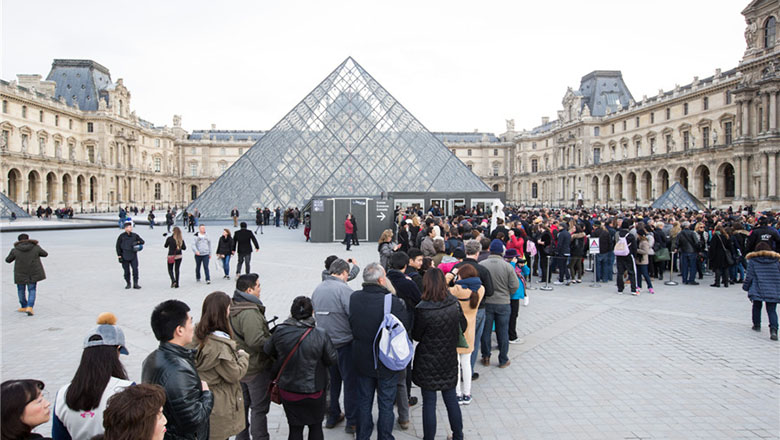
 Landmarks of Paris reopen for tourists after terrorist attacks
Landmarks of Paris reopen for tourists after terrorist attacks
 French warplanes strike Islamic State Syria bastion
French warplanes strike Islamic State Syria bastion
 High-tech fair gears up in Shenzhen
High-tech fair gears up in Shenzhen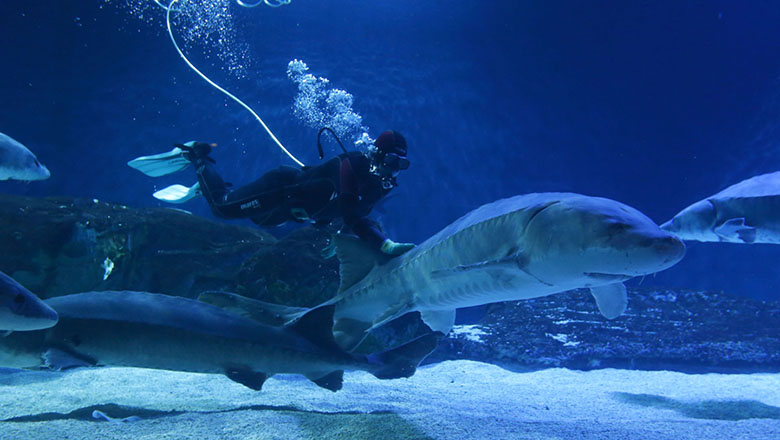
 Biggest wild Chinese sturgeon seeks treatment in Beijing
Biggest wild Chinese sturgeon seeks treatment in Beijing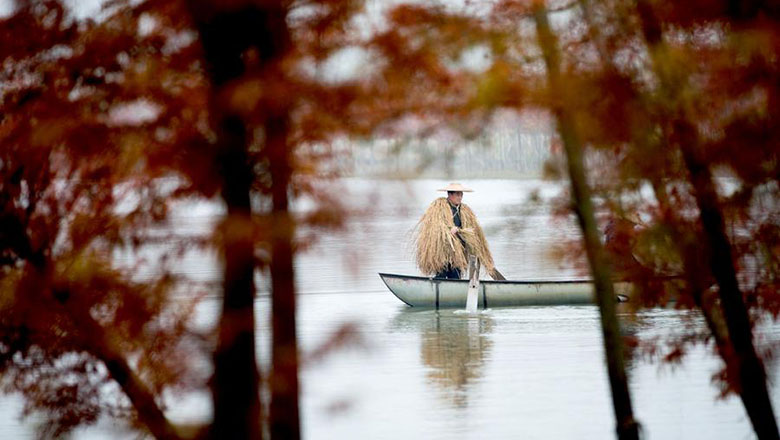
 Tranquility in the ‘Water Forest’
Tranquility in the ‘Water Forest’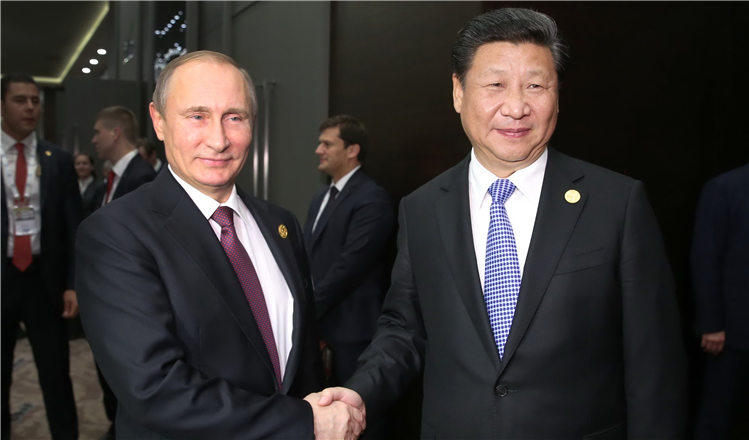
 Xi, Putin meet at G20 summit, renewing pledges on cooperation
Xi, Putin meet at G20 summit, renewing pledges on cooperation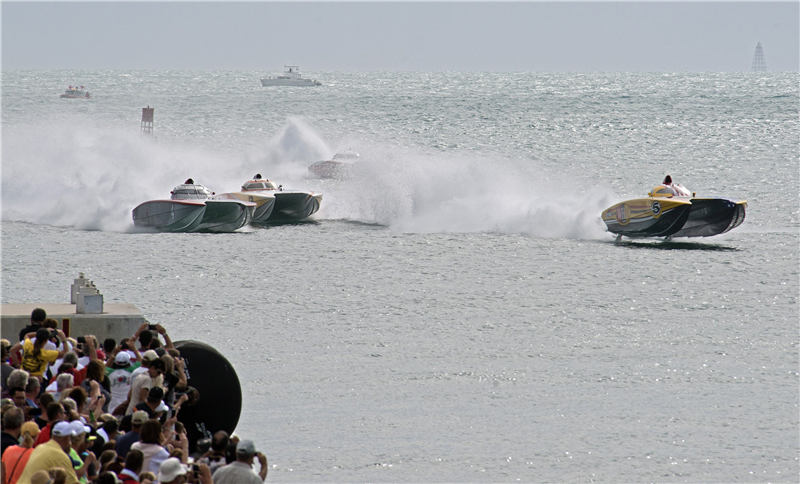
 Skimming the surface
Skimming the surface
Most Viewed
Editor's Picks

|

|

|

|

|

|
Today's Top News
Chinese president arrives in Turkey for G20 summit
Islamic State claims responsibility for Paris attacks
Obama, Netanyahu at White House seek to mend US-Israel ties
China, not Canada, is top US trade partner
Tu first Chinese to win Nobel Prize in Medicine
Huntsman says Sino-US relationship needs common goals
Xi pledges $2 billion to help developing countries
Young people from US look forward to Xi's state visit: Survey
US Weekly

|

|








